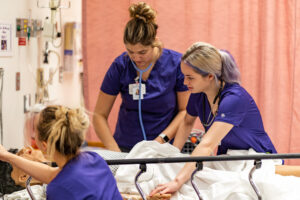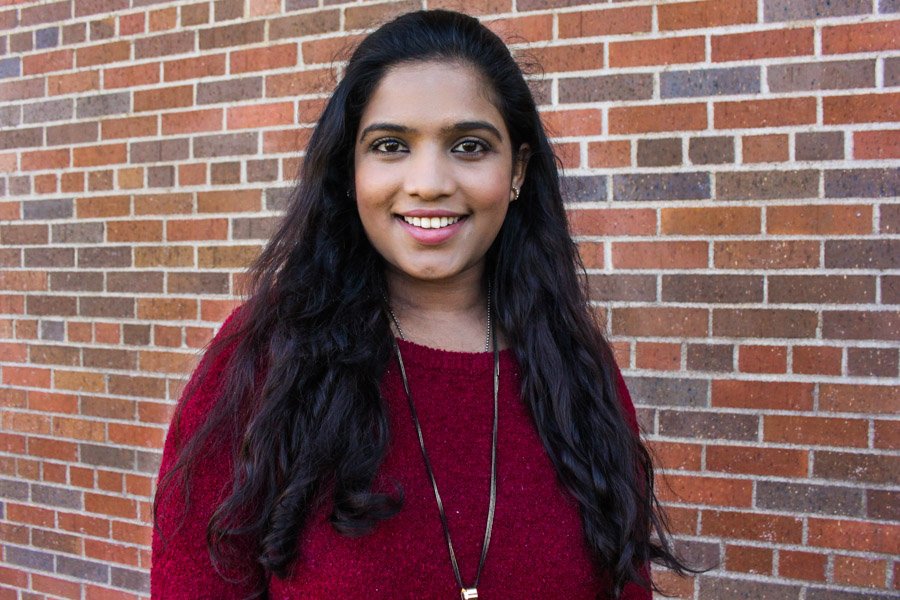
Social Work (BSW)
Bachelor's, Transfer Pathway, Degree Completion
PROGRAM SNAPSHOT
Work with and advocate for individuals of all ages, families, and other groups. Help communities and organizations achieve their goals and improve their overall well-being. Advocate for social justice in policy, practice, and research.
Social workers serve in a wide variety of roles in society.
Social workers:
- provide services to help clients maximize their well-being
- advocate for social justice and combat structural and institutional inequities
- partner with families to meet their physical, psychological, and emotional needs
Get ready to support people through various life challenges and be eligible for professional licensure after graduation with the Social Work major at Winona State.
The BSW degree offers students several opportunities to achieve nearly 500 hours of in-field and practicum experience with long-established agency partners in the region.
Whether you’re continuing from high school, transferring from another institution, or returning to college as a working professional, this program offers convenient in-person and hybrid options.
This degree is offered through WSU’s Department of Social Work and is accredited by the Council on Social Work Education (CSWE).
As a Social Work major, you’ll learn best practices for providing services to clients at all levels, from individuals, families, and groups to organizations and communities.
You’ll also:
- assess the impact of environmental and cultural factors on human behavior.
- improve research skills by evaluating individual interventions, programs, and services.
- learn about current and previous social welfare policies at the state and federal levels.
Your coursework will prepare you for work in various settings, such as community organizations, hospitals, nursing homes, schools, and rehabilitative and correctional facilities.
If you want to attend graduate school, this degree will also make you eligible for advanced standing in most Master of Social Work programs—like Winona State’s very own MSW program. This means this major will help you finish your MSW in less time, saving you money.
Aside from major- or minor-specific requirements, you’ll need to complete additional requirements through the General Education Program (GEP) to earn your degree from Winona State University.
Learn More about the GEP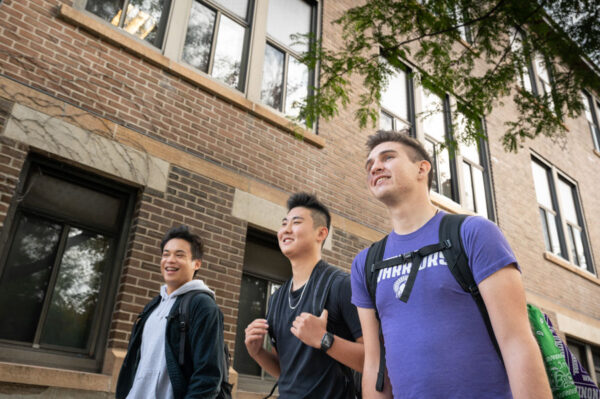
After you complete your General Education courses and Social Work foundation classes, you’ll be ready to apply for the BSW program. In your application, you’ll select which option you prefer: in person at Winona or hybrid at Rochester.
Learn the same curriculum on both campuses.
Choose the course delivery method that best suits your schedule, location, and learning preferences.

Diana earned her degrees in Social Work and Spanish at Winona State as a proud first-generation college graduate.
Inspired by her family’s journey, she’s focused on helping young people thrive through community service and advocacy.
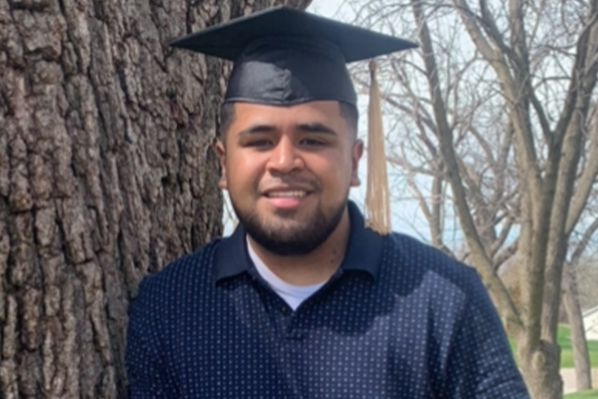
After emigrating from Mexico with his family, Jose is driven to help youth struggling with trauma and leave a legacy for his own children.
His dedication reflects a commitment to breaking cycles and serving as a role model for his community.
Real-World Training
On-the-job training is important, which is why you’ll complete a 480-hour practicum as a Social Work major.
This includes field experience in an entry-level social work setting prior to graduation.
This intensive experience will give you hands-on, supervised practice with a variety of target populations and workplaces throughout the region.
With more than 140 field partners, our program is known for preparing students to enter the social work profession after graduation.
In addition to your practicum, you’ll hone your research skills by completing a capstone project during your final semester.
Explore an issue in social work practice, implement a change activity, and evaluate your project based on the results. You’ll share a summary of your capstone at the BSW Capstone Symposium.
For example, you could find yourself developing a texting outreach campaign to introduce new citizens to the importance of voting, identifying and implementing support systems for cancer patients, or creating a resource to determine accessibility at a senior center.
Beyond the Classroom
Apply what you learn in the classroom by traveling the world. At WSU, you can earn credit that applies to your degree while exploring the globe.
Learn about the business of health care in Paris, child welfare and interprofessional practice in Jamaica, and social welfare systems in Austria.
Or dive into leadership and team development in New Zealand, health promotion in Peru, service learning in India, and social welfare in Mexico.
Complement your studies and meet other students who are passionate about social work through a handful of campus clubs and organizations.
Join the Student Association of Social Workers in Winona and Rochester to network with and develop community connections.
Or check out Active Minds, Dream Closet, and KEAP Council.
Stand out on your job applications even further with impressive volunteer experiences.
Connect with community needs through advocacy activities with Engage Winona’s Community Change Maker Lab.
Advocate for state-level policy change at Minnesota’s Social Work Day at the Capitol.
And bridge the gap in access to health care through Bridges Health, a student-led and faculty-supported clinic that provides free services to community members.
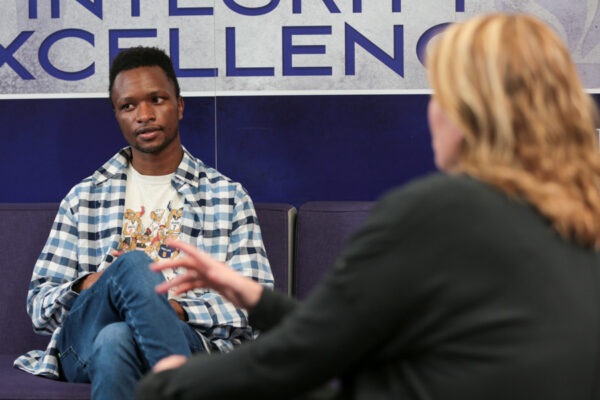
Are you passionate about promoting child welfare through child protection, foster care, adoption, family, and tribal social services?
Learn about these public child welfare services, gain hands-on experience before graduation, and get paid for it with the Title IV-E Child Welfare Scholar program.
You’ll be ready to apply your skills at Title IV-E eligible welfare agencies afterward.
Learn More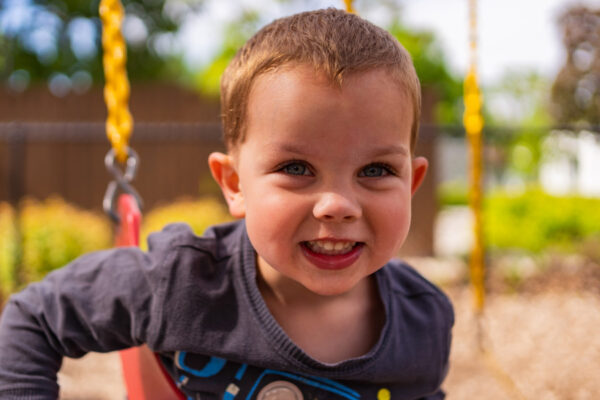
According to the Bureau of Labor Statistics, generalist social worker jobs anticipate a 9% growth by 2031.
Additionally, social workers working in the areas of substance abuse, behavioral disorder, and mental health counseling are expected to grow 22% in the next 10 years.

